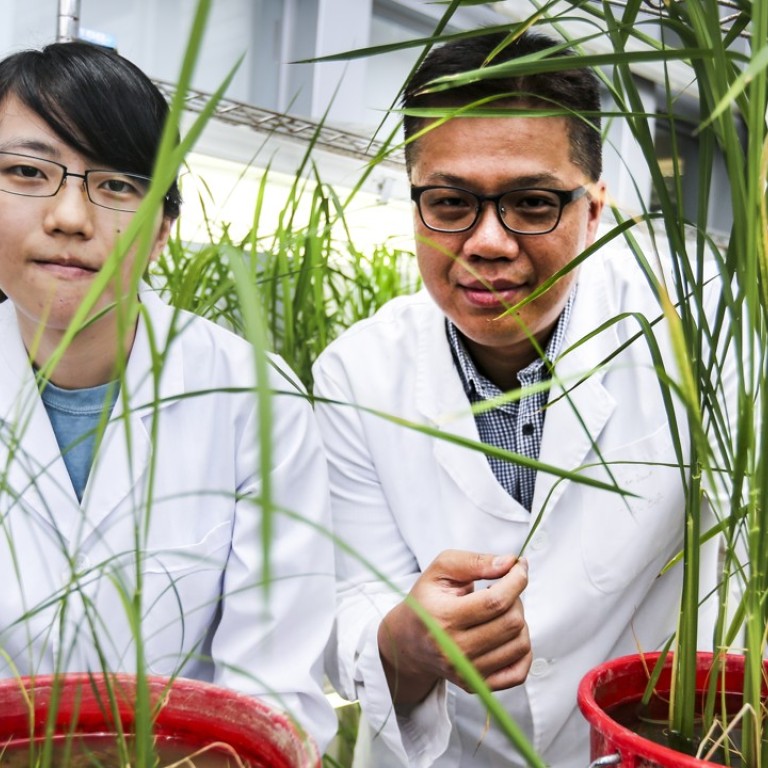
Hong Kong must create the right environment for a hi-tech future
A lack of science-based companies and research programmes has led to a lack of opportunities for graduates with many leaving Hong Kong to pursue a career. More must be done to attract leading companies and experts if the city is to innovate and create industries to ensure growth
The casual observer would think Hong Kong is a hotbed of scientific research and innovation. Our city has a science park, the University of Science and Technology, a science museum and each year hosts the Shaw prize, an annual international award honouring achievements in astronomy, the life sciences and mathematics. Yet for all the mention of the discipline, the city has difficulty retaining and attracting scientists. The often-heard lament of academics and graduate students is the lack of opportunities.
It is the reason for plant scientist Lydia Lam Pui-ying’s move to Japan. She has helped do groundbreaking work on biofuels at the University of Hong Kong, but is unable to continue her research in our city. A lack of biotechnology companies and research programmes mean that there is a dearth of jobs and funding. The result is that graduates move to places like the mainland where scientific endeavours are being heavily invested in or change their career paths.
In Lam’s case, that is obviously regrettable. The global shift to renewable energy to reduce reliance on climate-changing fossil fuels has created huge demand for biofuels. Her research team, which has published its findings in the scientific journal Plant Physiology, has found a new and cheaper way to produce fuel from cereal plants. But there are no companies in Hong Kong working in the area, a not unfamiliar situation, so further research and the potential commercialisation of the idea will have to be done elsewhere.
The government has long been promoting Hong Kong as a good place for science and technology. But its incentives and building of the Science Park at Tai Po have failed to attract many science-based firms. Companies that have been established often struggle to attract scientists; high rents and cramped living and working conditions are frequently cited as drawbacks. But low wages when compared to doctors, lawyers, bankers and those working in finance also deter students from careers in applied and life sciences.
It is a chicken-and-egg situation: Companies avoid Hong Kong because of a shortage of talent, and graduates, with nowhere to do their research or work, head to the mainland or overseas. Yet, if Hong Kong is to innovate and create industries to ensure growth, the future lies in hi-tech. Grooming scientists and engineers is a significant part of such a strategy, but as important is ensuring that there are jobs and careers for them. Government projects like the science park and the innovation and technology park being jointly developed by Hong Kong and Shenzhen in the Lok Ma Chau Loop will help. But ultimately, leading companies and experts will be attracted only if the right environment has been created.

